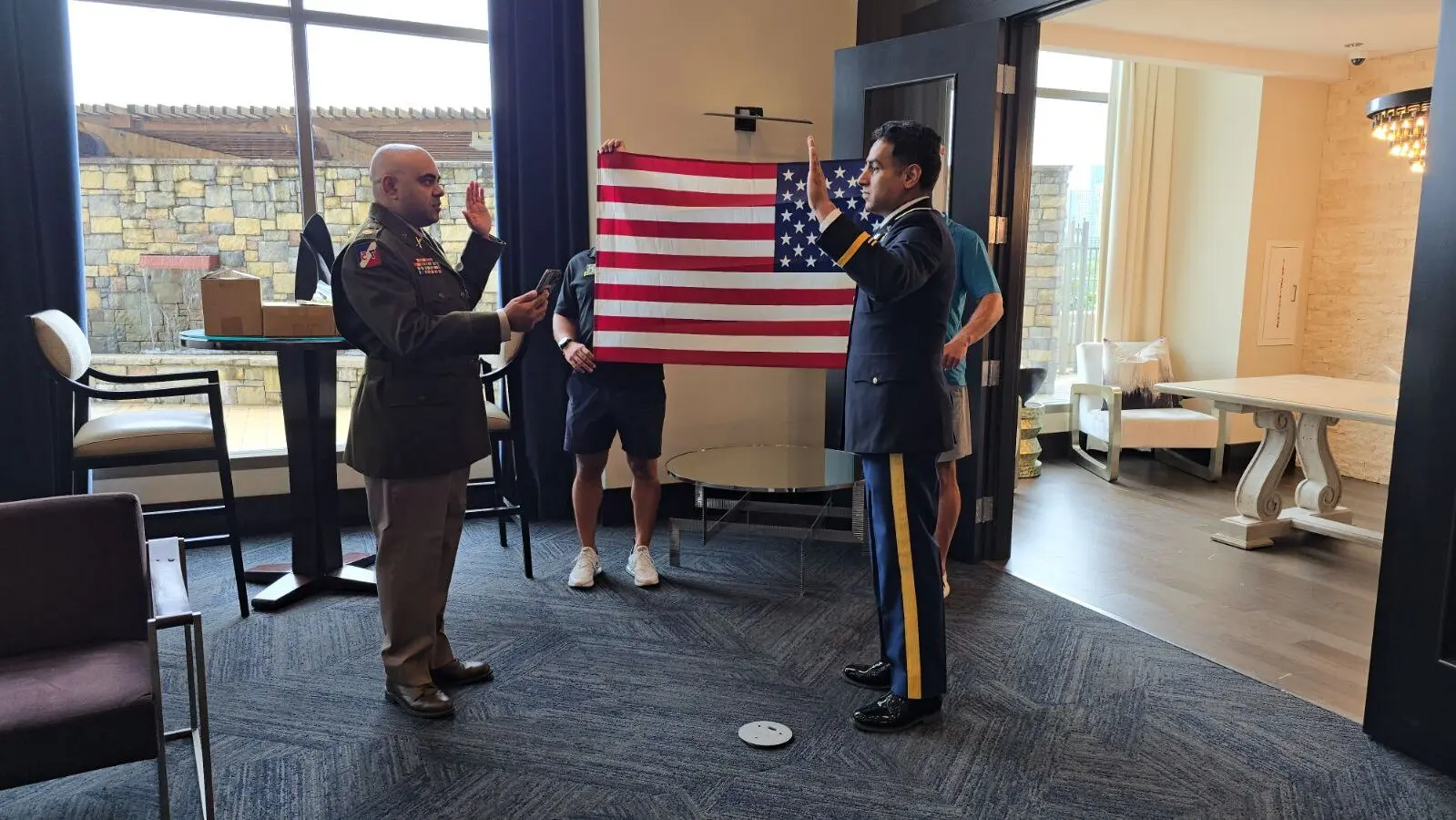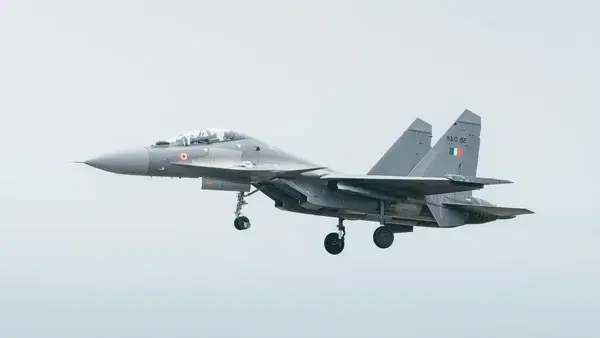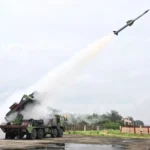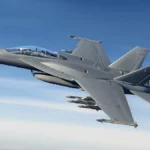A Historic Commissioning
In a landmark initiative announced on June 13, 2025, the U.S. Army unveiled Detachment 201, officially named the Executive Innovation Corps. This new Army Reserve unit includes senior executives from top tech companies: Palantir CTO Shyam Shankar, Meta CTO Andrew “Boz” Bosworth, OpenAI CPO Kevin Weil, and AI veteran Bob McGrew. All four will serve as lieutenant colonels in an advisory capacity aimed at accelerating the military’s technological modernization.
Bridging the Civil-Military Tech Divide
At a swearing-in ceremony aligned with the Army’s 250th anniversary, Col. Dave Butler called the Army Reserve “an effort to recruit senior tech executives.” The new unit was commissioned to serve part-time. Army Chief of Staff Gen. Randy George echoed the urgency: “We need to move quickly… who we are…” “That’s what we do here.”
Each tech leader will contribute approximately 120 hours per year to Army modernization projects. They will attend a six-week Direct Commissioning Course at Fort Benning and will be required to pass fitness and marksmanship tests — but will not go through full basic training. Their responsibilities will focus on emerging tech programs like AI, drone swarms, hypersonics, and human-machine teaming.
A shift in Silicon Valley culture
The initiative represents a significant cultural shift. Not long ago, partnerships between Silicon Valley and the military were fraught with ethical debate. Now, companies like OpenAI, Meta, and Palantir have formalized their partnerships with the Department of Defense. Relationships are.
“We can no longer move slowly,” Palantir’s Shankar said in a widely circulated op-ed. “Our opponents are not waiting for our acquisition cycle. They are building, rehearsing, and preparing for war.” Bosworth noted that “a new sense of patriotism” is emerging among technologists, replacing what he called a previous era of “civilian disengagement.”
Guardrails and Governance
To prevent conflicts of interest, the Army has implemented strict firewalls: No participants will work on procurement decisions or programs related to their current employers. While they will not command troops or engage in combat, their roles can significantly influence how technology is integrated into U.S. military strategy.
Critics argue that directly commissioning top officers to the rank of lieutenant colonel risks undermining traditional military structures. Online forums like Reddit have questioned whether this is “a symbolic gesture or a practical necessity.” Supporters argue that the stakes are too high to ignore civilian innovation, especially given the pace of technology adoption by global adversaries. Given.
A Strategic Turning Point
Detachment 201 is aligned with the broader Army Transformation Initiative, a plan focused on making the force faster, smarter, and more agile through collaboration with the private sector. If successful, the model could inspire similar efforts in other branches of the armed services — and potentially lead to the creation of tech-specialized reserve units among NATO allies.
In an era where code can shape the outcome of combat, the creation of Detachment 201 is more than just a formality. It is a reimagining of American defense thinking — blending the agility of startups with the discipline of the armed forces.
Check Also: NATO Nations Pledge 5% of GDP for Defense Ahead of The Hague Summit – National Security








Leave a Reply